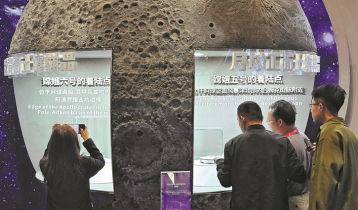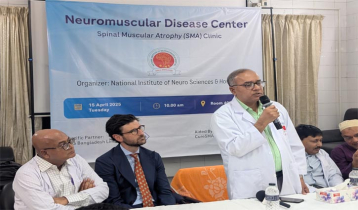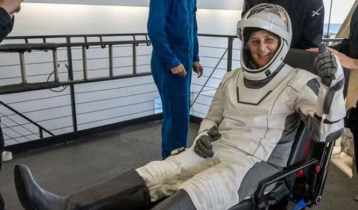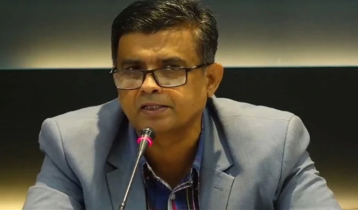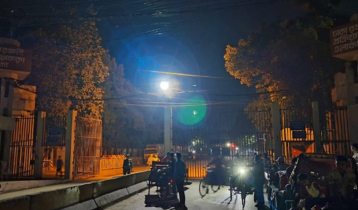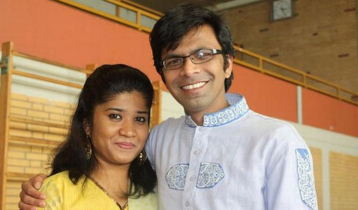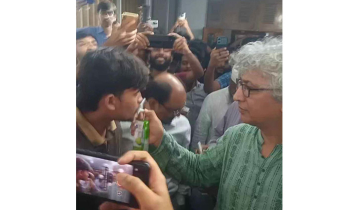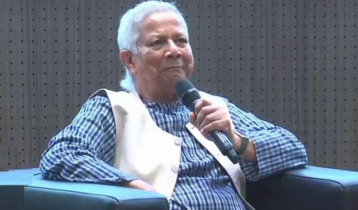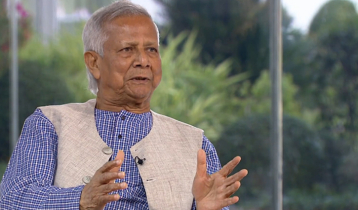Tata Institute discovers cancer medicine
News Desk || risingbd.com
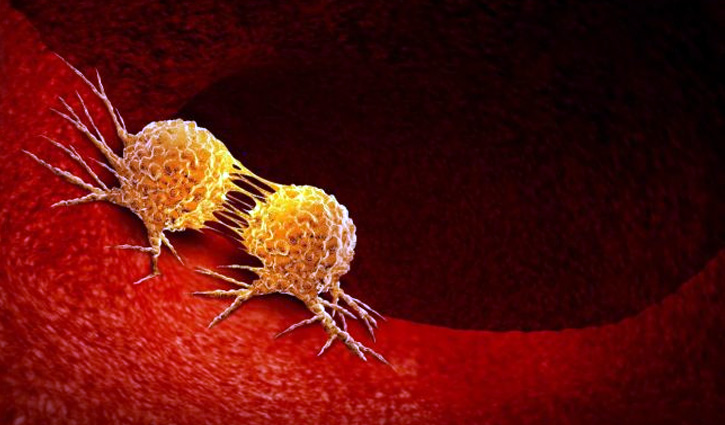
Tata Institute of Mumbai (Tata Memorial Mumbai) has discovered a cure for cancer occurring for the second time in the body.
Speaking to media, Dr Rajendra Badve, a senior cancer surgeon at Tata Memorial Hospital, who was part of the research group, said, “Human cancer cells were inserted in rats for the research, which formed a tumour in them. The rats were then treated with radiation therapy, chemotherapy and surgery. It was found that when these cancer cells die, they break into tiny pieces called Chromatin particles. These particles can travel to other parts of the body through the bloodstream and when they enter healthy cells, they can turn them cancerous.”
The researchers and doctors at the institute worked for 10 years and have now developed a tablet which they claim would prevent the occurrence of cancer for the second time in patients and will also reduce the side effects of treatments like radiation and chemotherapy by 50 per cent.
The Tata Memorial Centre (TMC), in their research, said dying cancer cells release cell-free chromatin particles (cfChPs, or fragments of chromosomes) which can turn healthy cells into cancerous ones. Some of the cfChPs may fuse with healthy chromosomes and cause new tumours.
“To find a solution to this problem, doctors gave pro-oxidant tablets with resveratrol and copper (R+Cu) to the rats,” Dr Badve told NDTV.
The R+Cu generate Oxygen radicals, which destroy Chromatin Particles.
The 'R+Cu' when taken orally, generate Oxygen radicals in the stomach which are quickly absorbed to enter blood circulation. The oxygen radicals destroy cfChPs released in circulation and prevent 'Metastases' - The movement of cancer cells from one part of the body to another. The researchers claimed that R+Cu prevents Chemotherapy toxicity.
The researchers in their presentation called it the "Magic of R+Cu".
This tablet will reduce the side effects of cancer treatment therapy by about 50 per cent and the second time it is about 30 per cent effective in preventing cancer. It can also be effective in treatment of pancreatic, lung, and oral cancer.
Dhaka/Mukul



